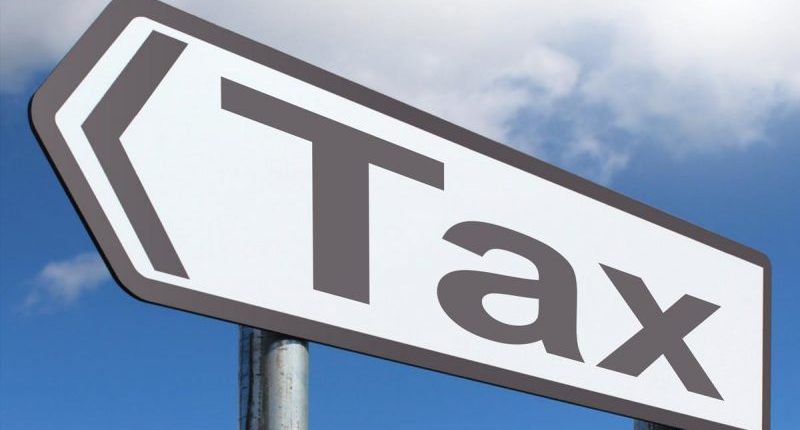With India having been terminated as a beneficiary country under the Generalised System of Preference (GSP) by the US President Donald Trump earlier in June, American companies operating in the country will now be required to pay an additional $300 million in taxes every year.
Experts believe that the increased tax burden on the US companies could force them to bring down investments which would result in unemployment and steep prices in the consumer market.
Following a roundtable meeting conducted by the Western India Council of Indo-American Chambers of Commerce (IACC) and Klynveld Peat Marwick Goerdeler (KPMG), it was announced that the US companies would not have access to the Indian market post the removal of GSP.
India was one of the largest beneficiary countries under the GSP programmes with over $5.7 billion worth imports having entered the nation duty-free under the programme in the year 2017.
Also Read: Finance ministry’s priorities for the upcoming term
Though market participants expected the relationship between India and the US to improve with trade booming over the last few decades, the withdrawal of GSP could result in an economic crisis.
The IACC has recommended co-operation between the two countries after understanding the Indian government’s focus on its economy. The association suggested the two countries come to a point of convergence by focussing on the government’s ‘Make in India’ initiative.
The association also addressed data localisation, one of the key source of vexation between the nations, by recommending that the information of the flow of payments offered by payment system operators (PSOs) to be in line with the rules and regulations of the Reserve Bank of India (RBI).
Among other suggestions, auditing of Indian companies and firms who wish to operate in the US was also recommended. However, Indian citizens have found their efforts to acquire employment visas in the US quite futile over the last few years.
Addressing the issue, the association announced that individuals with advanced US degrees will be given higher preference over the individuals with regular H-1B visas. This could negatively impact Indian firms and companies operating in the US soil who are mainly dependent on the H-1B visa acquired individuals.
According to the IACC, this can result in companies and firms off-shoring more employment opportunities to India and other countries looking to attract Indian business.
The association also brought in the concept of an Alternate Dispute Resolution (ADR) bench which would facilitate trade between the US and India. IACC believes that it can be the right platform to address trade-related issues between the two nations through co-operation and guidance.

Abbreviation is the name of the game – SIP, NPS, ELSS, KTM, and OMR.
Vishnu is the cat that got too curious. He can normally be found staring at market charts or drooling over his Real Madrid curios.
Favourite quote: ” Madrid, Madrid, Madrid ¡Hala Madrid! Y nada más”





